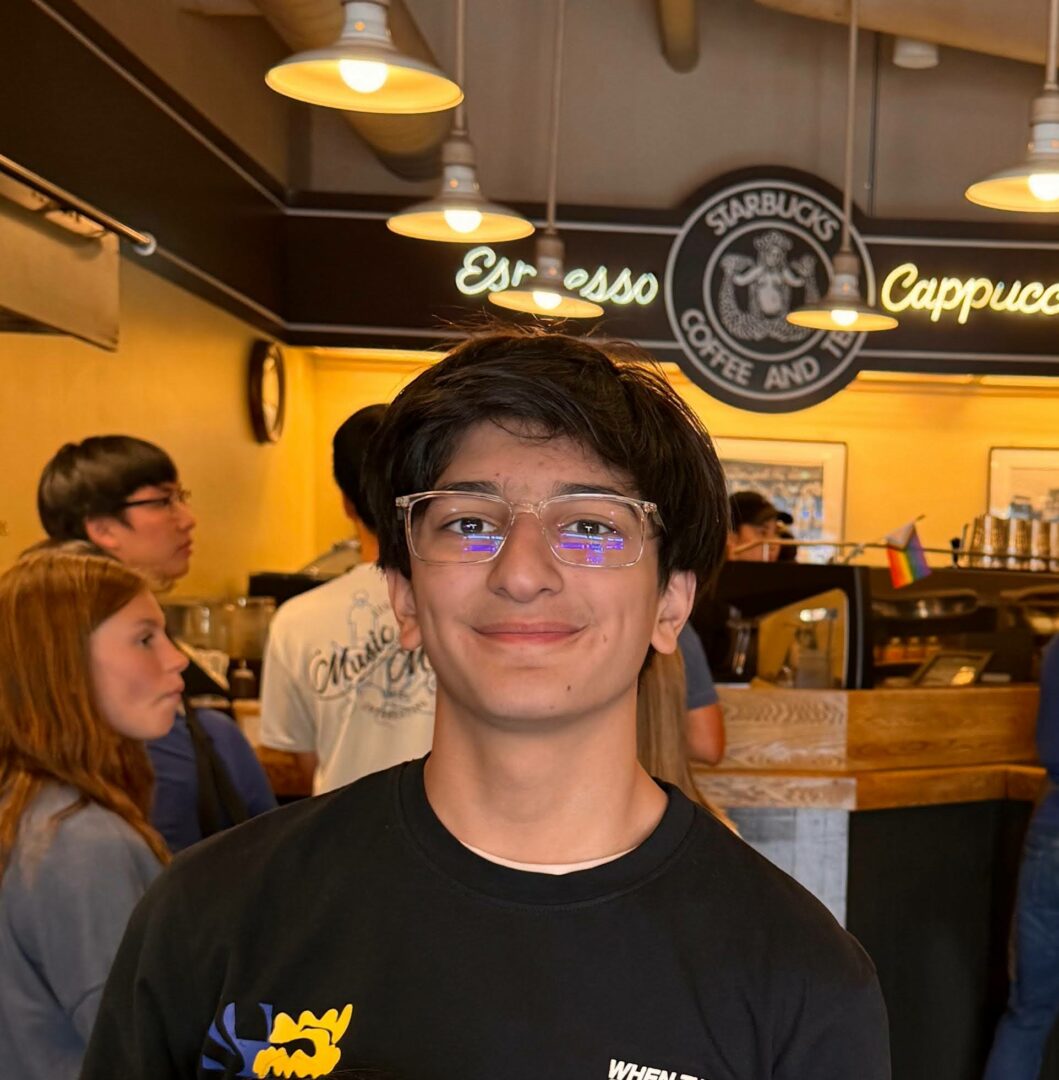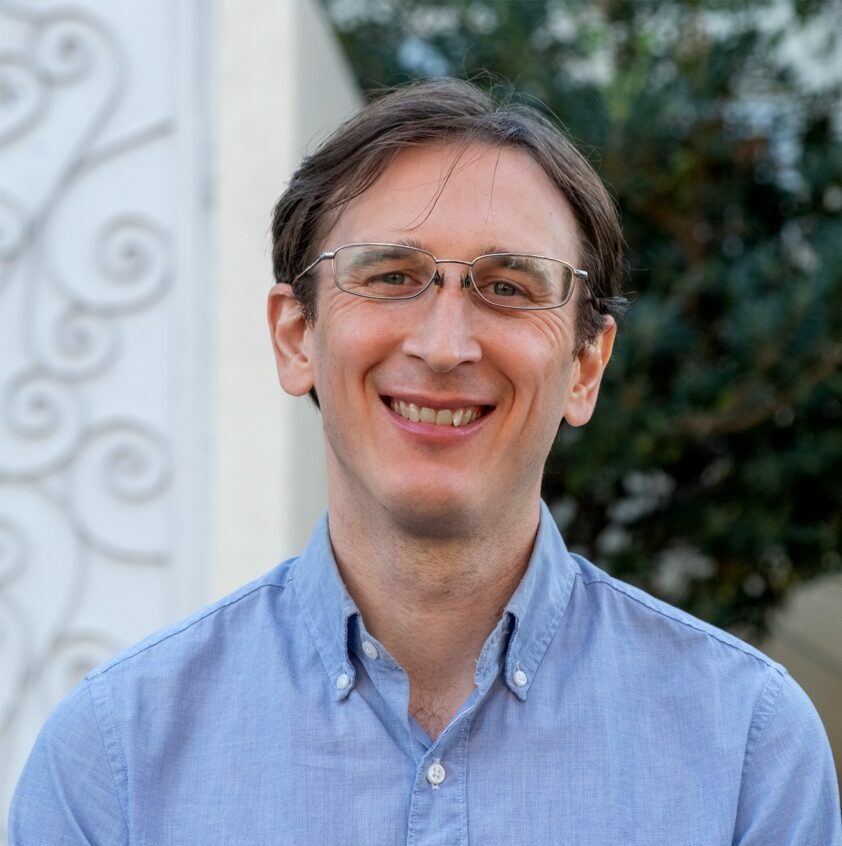We were lucky to catch up with Shayan Umair recently and have shared our conversation below.
Hi Shayan, thanks for sharing your insights with our community today. Part of your success, no doubt, is due to your work ethic and so we’d love if you could open up about where you got your work ethic from?
My work ethic was never learned. It gradually surfaced, but only after a culmination of long, quiet hours when no one was watching. The time in which effort felt less like obligation, and more like instinct.
I never learned how to have a strong work ethic; it was developed over years of effort and self-reflection, a period over which I realized the difference between working hard and hardly working. When I was younger, I had a natural gift for academics, especially math. I could get good grades without studying much, but when middle school started, that “talent” hit its limit. I quickly realized that I couldn’t rely on ability alone. So I made a choice: stop depending on talent and start depending on hard work. Long nights, endless problem sets, and the frustration of failure became normal. After finally rebuilding my success, once hard work had become my norm, I realized that hard work will always transcend talent.
And in the words of one of my favorite athletes, Kevin Durant: “Hard work beats talent when talent fails to work hard.”
Still, my work ethic didn’t solidify overnight. It took years of doing, leading, failing, and trying again. When I began taking on leadership roles and projects across different fields, I carried a new rhythm with me, one that reflected persistence and purpose. For example, my becoming a state finalist in Speech and Debate wasn’t about natural talent; it was derived from my twenty hour work days leading up to the tournament, and the discipline to keep refining my speech even while I desired to hang out with friends who were out relaxing. Because it wasn’t about performing for a trophy or applause; it was about holding myself to a standard that demanded everything I had, every round.
That same mindset followed me to Pakistan, where I spent a summer teaching academics to orphaned children. The guide I was given was basic, but I knew they deserved better. So I stayed up late crafting lessons to teach them English more effectively. When I came on site, I made it my mission to give them the best experience possible, not just as a leader, but as someone who genuinely cared about their growth and confidence. They didn’t have the privileges I did, and I wanted to make the most of my skills and effort to give them the best experience possible.
But my work ethic truly strengthened here in the Bay Area through Buddies4Math. Every week, I arrived early to plan lessons, pair tutors with students, and ensure every child felt seen and supported. There were no grades, awards, or recognition waiting at the end, only the quiet satisfaction of knowing a student had left more confident than before. That’s when I realized: work ethic isn’t built in the spotlight. It’s built on the consistency of showing up, week after week, when no one is keeping score.
Together, these experiences built up my work ethic gradually, slowly teaching me how real success isn’t built in grand moments, but shaped in the quiet hours while the world is silent. Most importantly, I believe the pain of regret is far greater than the pain of discipline. That’s why I work the way I do, ensuring that ten years from now, I can look back with no regrets. For that reason, I immersed myself in countless experiences, including the ones above, each helping to build the work ethic that I carry today.
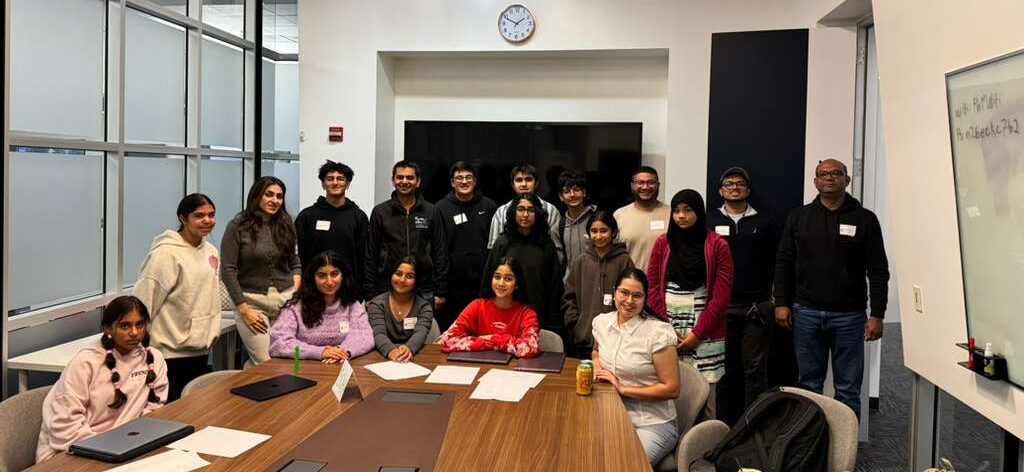
Great, so let’s take a few minutes and cover your story. What should folks know about you and what you do?
Currently, I’m a student in the Class of 2027 at Archbishop Mitty High School, involved in numerous extracurricular activities. Most of my time, however, is dedicated to serving as a Landels Site Lead for Buddies4Math, a nonprofit organization that supports afterschool programs at four elementary schools in the Mountain View Whisman District.
I help underprivileged 1st through 5th graders improve their math skills by making learning fun and interactive through games, buddy hangouts, and personalized support. Being a nonprofit, our recruited volunteers come from many different middle and high schools across the Bay Area, creating a diverse and collaborative team.
Each week, I go to our Landels location since I’m that location’s Site Lead, where I guide and educate the children while overseeing other volunteers, supporting each student’s growth throughout the school year. Seeing each child grow both academically and personally is deeply rewarding, and knowing that our work has a positive impact on the community makes it even more meaningful.
Personally, the most exciting and special part of Buddies4Math is truly the connections you build with the students over time. After just a few sessions, children begin to recognize you as their “buddy,” and their engagement and confidence in learning grow. I’ll never forget walking through a local Trader Joe’s when one of my students ran up to say hi and greet me. Moments such as these truly make all the hard work feel worthwhile!
I’m also thrilled to announce that we are currently accepting volunteer applications! You can find more information by searching up Buddies4Math online on your browser.
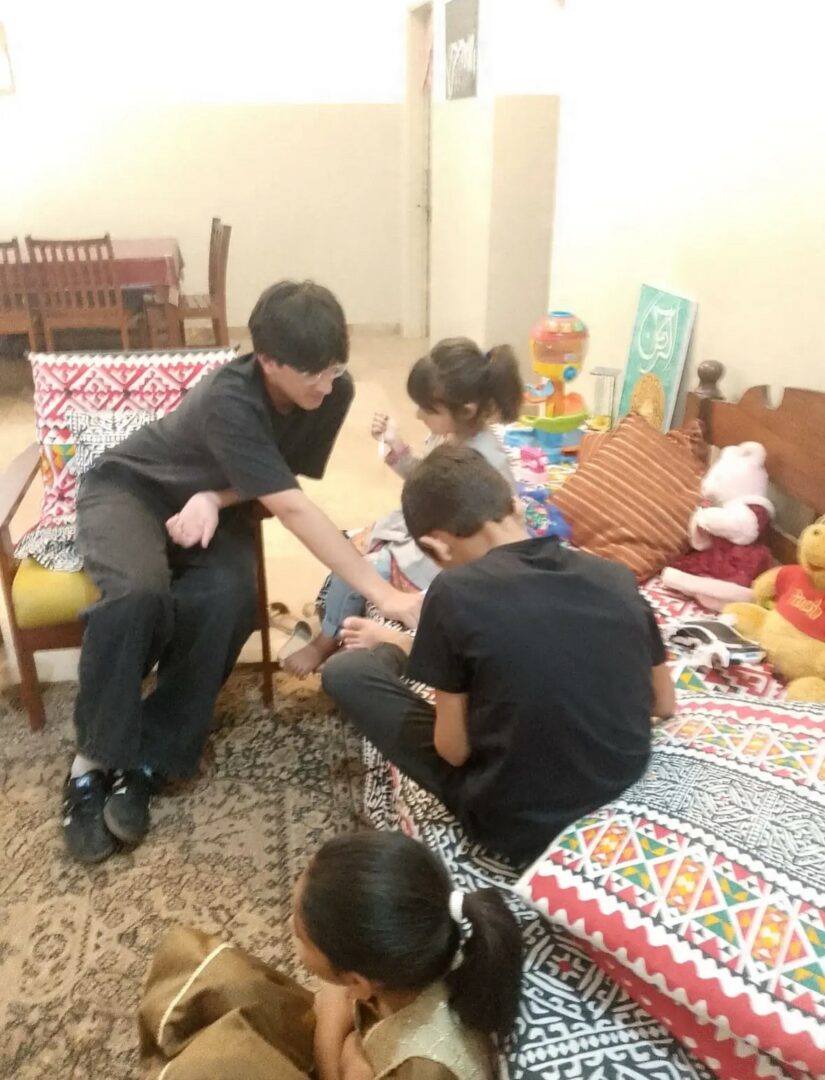
There is so much advice out there about all the different skills and qualities folks need to develop in order to succeed in today’s highly competitive environment and often it can feel overwhelming. So, if we had to break it down to just the three that matter most, which three skills or qualities would you focus on?
Looking back, there are many skills and qualities that I have had or learned that impacted my journey and where I am today. However, three specific areas that have been most powerful are initiative, adaptability, and communication.
Firstly, initiative has definitely been a driving trait that allows me to take on leadership roles early, exemplified by my role as a Site Lead at Buddies4Math and when I organized the OPEN Youth Shark Tank. My advice for developing this skill is simple: don’t wait for permission to lead. Start small, notice gaps, and take action where others hesitate.
Secondly, adaptability has helped me navigate new challenges, whether it’s managing volunteers across schools or learning to lead large-scale events with moving parts. To develop adaptability, although cliché, you have to become comfortable with saying “yes” to situations that push you outside your comfort zone.
And lastly, communication. Learning to connect with people of all backgrounds has been the key to building teams that work well together. The best way to improve this is through practice: talk to people, listen closely, and be willing to learn from every conversation.

What do you do when you feel overwhelmed? Any advice or strategies?
When I feel overwhelmed, I take a step back and focus on regaining perspective and original intent. For me, that usually means breaking down whatever’s stressing me into smaller, more manageable pieces and tackling them one at a time. I’ve learned that trying to do everything at once only amplifies the feeling of chaos, meaning that you have to tackle things one step at a time.
I also make sure to take a short break, even just a walk, listening to music, or doing something creative, since it helps me reset mentally. Personally, I’ve found that one of my best “break” methods is to listen to music; it’s something I genuinely enjoy, and it allows me to relax and refocus while I’m feeling overwhelmed. The strategy is to try out different forms of breaks and relaxation, and find the perfect fit for you, similar to how I found peace with music and sleep.
However, undoubtedly the most important advice, always think about the end goal and how much it means to you. How much do you want to go to that college? How much do you want that dream job? Because in reality, while we get overwhelmed in the steps of getting somewhere, in truth, we often forget where we are headed. Reconnecting with that purpose always helps me push through, gifting me with more focus and calm.
But to put it in other words, it would be best to pause before reacting, prioritize what truly matters, and don’t be afraid to slow down, since sometimes that’s the fastest way to move forward.
Contact Info:
- Instagram: https://www.instagram.com/shayanumairr?igsh=NTc4MTIwNjQ2YQ%3D%3D&utm_source=qr
- Linkedin: https://www.linkedin.com/in/shayan-umair-51386832a
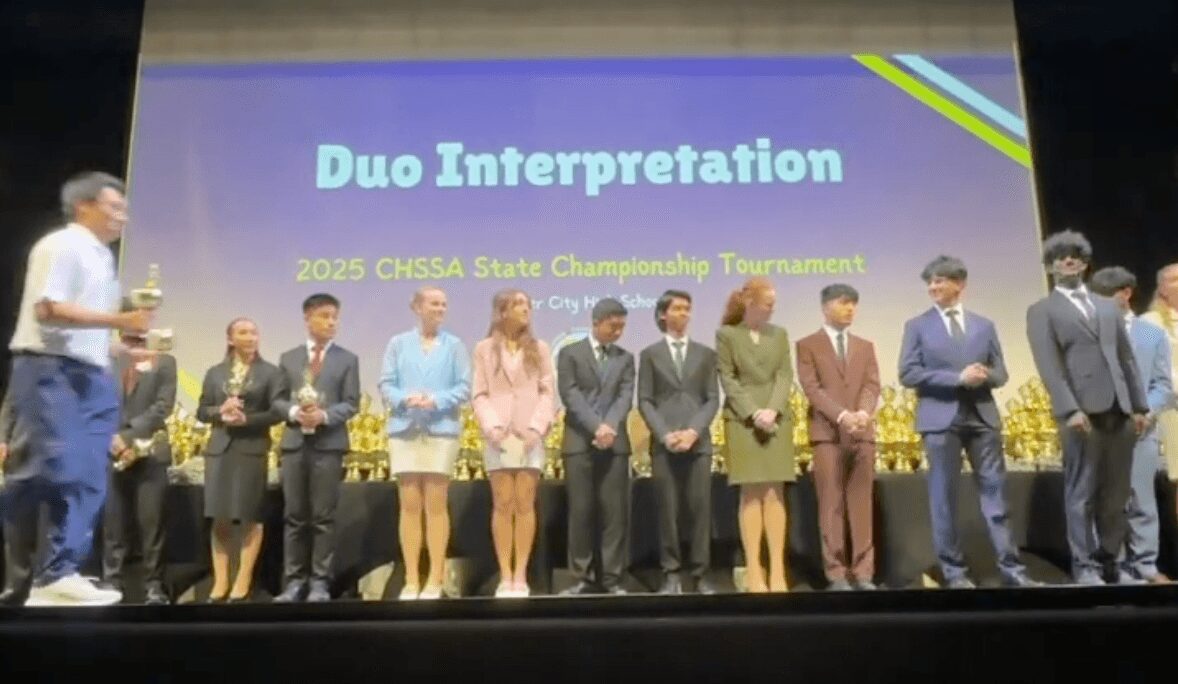

so if you or someone you know deserves recognition please let us know here.

